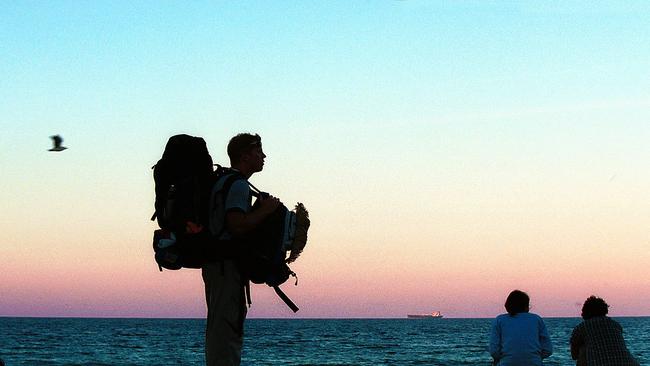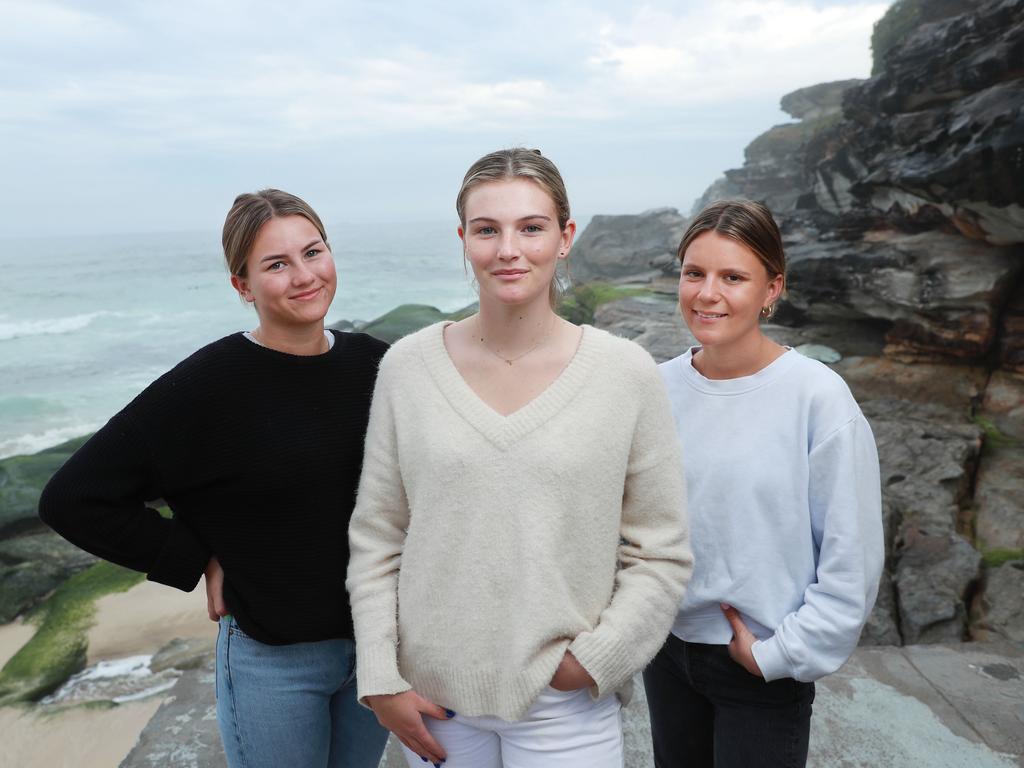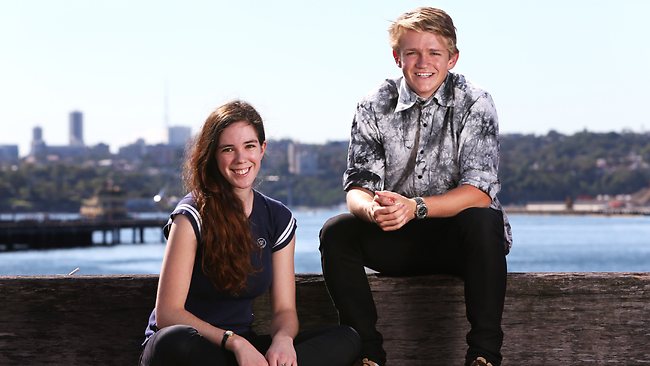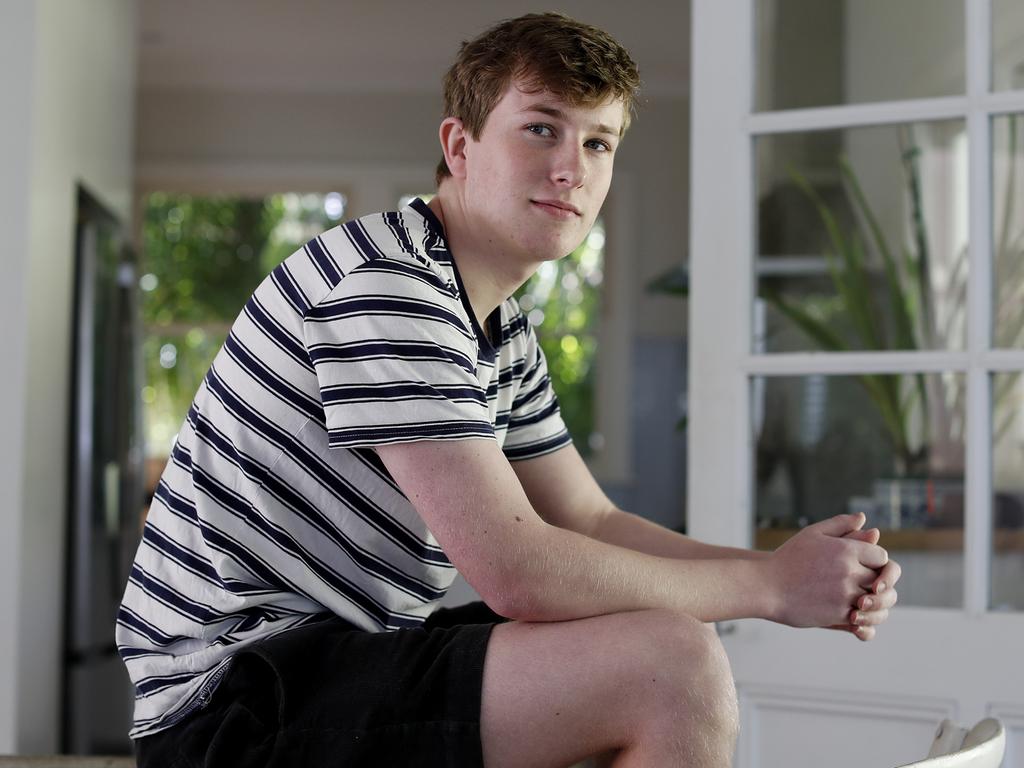Time out: the gap year for the thirty-somethings
Time out might be the answer for older millennials feeling suffocated after two years of the pandemic.

An adult gap year may be just the ticket for older millennials who have missed out on essential milestones and travel opportunities during the past two years of the pandemic.
Recent data collected by the Youth Mobilities, Aspirations and Pathways project indicates that the older Australians are when they take a gap year, the more positive the effect is on their careers.
YMAP is a five-year, joint university study, funded by the Australian Research Council, of people who have lived abroad for more than six months. While the project mapped the movements of more than 800 people aged between 18 to 30, some of the more interesting material came from those in their late 20s. Almost half of all respondents were aged between 26 and 30.
Deakin University research professor Anita Harris, one of the project leads, says the values of older millennials have changed in recent years. “What mattered to this group was not so much the conventional milestones of settling down, buying a house and starting a family, but some more qualitative and self-development aspects of adulthood (but importantly, along with financial/job security),” she says.
Gap years have long been popular as a break between school and university or work. Reciprocal working holiday arrangements between Australia and other countries cover people up to the age of 30 and traditionally only Canada, France and Ireland allowed gap years until the age of 35. The recent free-trade agreement between Australia and Britain extended the reciprocal working holidaymaker agreement for residents up to age 35. Last month, Italy and Denmark also pushed the age out to 35 – adding to opportunities for people to take a mid-career break – an adult “gap year”.
While some companies might baulk at 12 months, shorter breaks of three to six months are becoming more acceptable to employers, desperate to retain employees. They are often happy for staff to take time off and return when they are ready. The trend was apparent before Covid-19 but has increased as lockdowns led many employees to think about resetting their careers. Data from the YMAP project shows almost 50 per cent of Australians abroad are in their late 20s and have lived overseas for one to three years on a skilled work, business or working holiday visa. Of the 353 in the older group, 87 per cent said they agreed or strongly agreed they had learned new professional skills abroad, 78 per cent agreed or strongly agreed living abroad had a positive impact on career development, and 69 per cent agreed or strongly agreed living abroad had changed their career aspirations.

The most common reasons for choosing to live and work abroad among the older group were work opportunities and experience, personal growth, and travel and leisure.
A key difference among older Australians on gap years is their visa category. The older group in the survey, who generally held skilled work or business visas, said their career aspirations had changed, especially the longer they had been abroad,
Harris says the project shows that, for many, a gap year is not just something you do in your early 20s.
“When it comes to an adult gap year, the whole boundary between youth and adulthood is very blurred,” says Harris. “Many were trying to figure out what adulthood might mean to them. They reported that mobility enabled them to work on the aspects of achieving an adult life that mattered to them.”
The criteria many reported as important for becoming an adult included being financially independent, developing resilience, having a secure job, staying open to opportunities and understanding their place in the world.

The YMAP analysis found those who spent time living and working abroad began to identify as global citizens. “Living abroad did bring advantages in terms of career; people often felt like they belonged in more than one place and that they were connected to more than one place,” says Harris.
The big consulting firms employ many young people who have been forced to stay in Australia for the past couple of years rather than travel and work overseas. According to PwC head of people and culture, Catherine Walsh, there’s been a “huge increase” in those requesting secondments to overseas operations since borders opened. About 200 have applied to access the firm’s “together anywhere” program allowing staff to holiday and then work overseas for up to two months.
Says Walsh: “We start from a position of, we want to attract and retain the best people, and that means we need to think about what they want to do. That’s very much part of how we approach the issue.
“It’s exciting to have the borders open again … and those opportunities to work across our global network. But we’ve also recognised that sometimes heading off overseas to work for one or two years is a big undertaking.
“So we’ve developed more short-term arrangements such as ‘together anywhere’, which is a policy where you have a holiday and then do some work overseas … doing your Australian work but doing it overseas.”
She says PwC has realised that no one size fits all.
“When you’re thinking about a gap year, or taking some time out, it’s very individual to you and what you need and what you want to get out of that,” she says. “So we really just try to create a number of different options, but also create ‘permission to ask’.”
Walsh says there is not a big demand for unpaid gap years but strong interest in work and travel combinations. And hybrid helps: “I think with companies such as ours really embracing the hybrid work environment, people are seeing that they can be a bit more balanced than they’ve been in the past.”
Research from neo-lender Wisr found resignations and job mobility of Australians increased about 5 per cent between November 2021 and February this year, with about 40 per cent of respondents having worked for 10 years or more in their job.
Almost one in four of those intending to resign say they plan to take breaks of up to three months before taking on a new job; one in five expect the “vacation” will be up to six months; and one in six claim they really need a career gap of 12 months.
The survey of more than 1500 workers compared their responses in November to those in February and found “widespread shifts in career perceptions, employment expectations and work priorities”. The report says more than half the resignations were due to burnout, leading potentially to “more Aussies opting for business breaks and professional pauses in the present phase of the pandemic”.






To join the conversation, please log in. Don't have an account? Register
Join the conversation, you are commenting as Logout